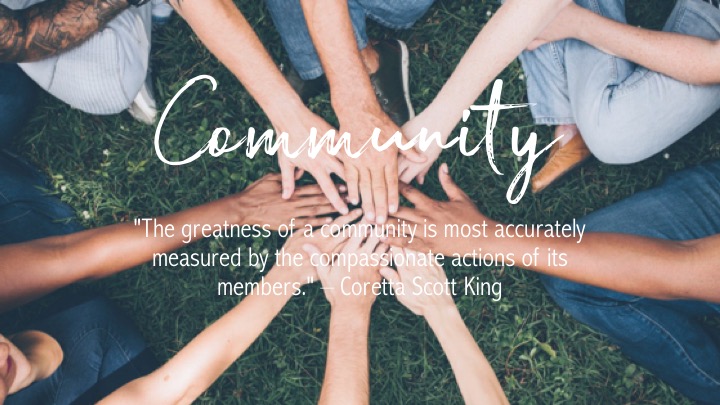Living In Community
Posted on December 5, 2019
Principal’s Address for End of Year Gathering 2019
Living in Community has always been central to Quakerism. While all Schools strive to be in community, the concept takes on a special meaning within the context of a Quaker school. For the Religious Society of Friends, founded in the middle of the 17th Century in England, being in community was part of its foundation. One cannot have a Quaker Meeting for Worship by yourself. That is one hallmark that makes Quaker silent worship different from other forms of silence or meditation. In Meeting for Worship, or in School Gatherings, we sit in silence waiting for that small still voice within (what Quakers call that of God) to resonate and to be ready to listen closely to others who feel moved to share the small voice within them.
While we recognise that the Quaker values and practices as stated in the Purpose and Concerns are key to how we work to have the School community operate, at the same time, we also understand that the School community is simply a slice of the wider community – each an individual with our own interests, dispositions and foibles. And perhaps that is how it should be. As the prominent Quaker educator and author Parker Palmer states “In a true community we will not choose our companions, for our choices are so often limited by self-serving motives. Instead, our companions will be given to us by grace. …” (Britain Yearly Meeting Quaker Faith & Practice, second edition 1998).
And so that is how The Friends’ School community is – united by a core set of values and anticipated outcomes with the understanding that each person is an individual seeking their own path forward with their own strengths and weaknesses. How we as a School support each other, celebrate each other’s strengths and relish what is unique about each person in our community remains the key undertaking before us
as a community.
I would like to finish with an observation by Douglas Heath from his pamphlet entitled “The Peculiar Mission of a Quaker School.” In it he states “The perceptiveness of early Friends about the important causes of healthy growth is nowhere more clearly shown than in their understanding of a person’s relation to his community. Why did they create a communal form of meditative worship rather than rely on more typical individualistic forms or on the words of special people like ministers in their search for the Truth? Friends believe that growth occurs most fully when an ‘individual-is-in-community’, gathered within the unity of light, not darkness. … Recall that though we believe each of us has the potential to know Truth fully, each of us experiences only a small portion of it in our actual lives…. Friends seek to remain empathically open and to listen deeply to what others share.” We endeavour on a daily basis to have that sort of community here at The Friends’ School.
